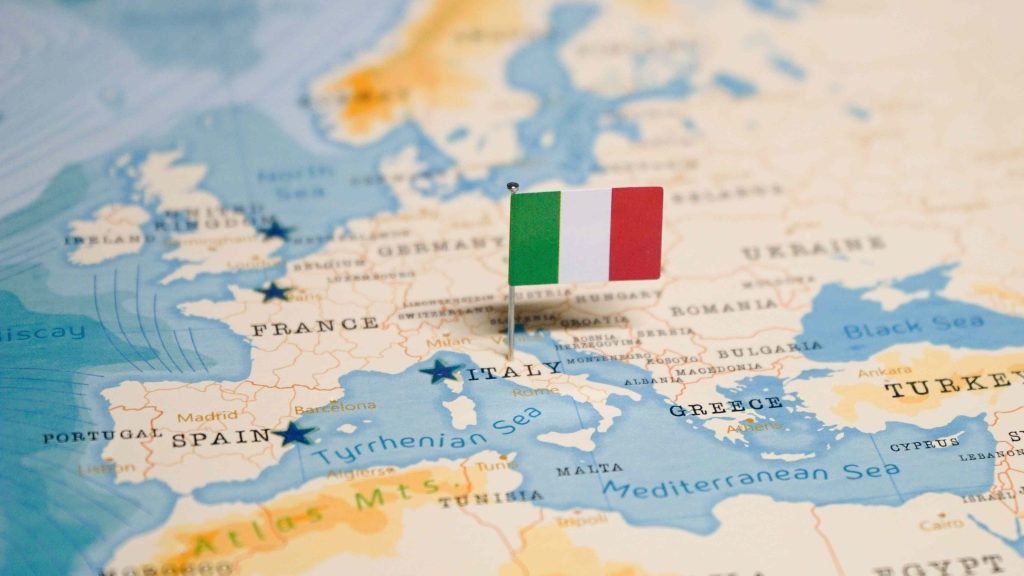Entrepreneurship is now the dominant source of wealth among the very wealthy, new research suggests.
Of the 2,000 HNWIs surveyed across 17 countries, just 26% said the primary source of their wealth was inheritance. More than a half confirmed that their wealth came from personal investments and savings.
Technology was the sector where wealth creation happens most quickly, although outside of developed markets, the sale of a business is the most likely cause of a liquidity event.
Barclays’s report Origins and Legacy: The Changing Order of Wealth Creation, has looked at the way wealth is now being made, spent and shared across the world and how wealthy individuals plan for their legacy and philanthropy.
The HNWIs considered had more than $1.5m ( £1m) in total net worth and 200 with more than $15m (£10m).
Other main points and results of the survey included:
How well do you really know your competitors?
Access the most comprehensive Company Profiles on the market, powered by GlobalData. Save hours of research. Gain competitive edge.

Thank you!
Your download email will arrive shortly
Not ready to buy yet? Download a free sample
We are confident about the unique quality of our Company Profiles. However, we want you to make the most beneficial decision for your business, so we offer a free sample that you can download by submitting the below form
By GlobalData
Entrepreneurs and wealth sources
– Entrepreneurship is now the dominant source of wealth among the very wealthy.
– According to the report, a high tolerance for risk is a prerequisite for successful entrepreneurship. Wealthy entrepreneurs show a higher risk tolerance than those who have acquired their wealth through inheritance, earnings or bonuses.
– Technology is the sector in which wealth creation can happen most quickly, especially due to its rapid diversification and growth. The research found that the average period of wealth accumulation is lower for respondents with business interests in technology than in other sectors across all regions of the world, with the exception of the Middle East.
– Outside of the core developed markets, wealth is especially likely to come from the sale of a business. For example, 57% of respondents from Asia-Pacific (excluding Japan) and 48% from the Middle East said that the sale of a business was a key source of wealth for them.
Old and new philanthropists
-The report said that a growing number of wealthy individuals care more about the purpose of their wealth. Entrepreneurs and business owners are taking an active role in philanthropy. They said that they intend to give 41% of their wealth away during their lifetime, compared with those who acquired their wealth through earnings or savings, who plan to give away 27%.
– On the other hand, private philanthropy in emerging markets remains at a relatively early stage of development. Although there is a strong culture of individual giving in these markets, often driven by religious obligations, the infrastructure to support philanthropic endeavours can be fairly limited. One report estimated that total philanthropy in China amounts to just 0.01% of GDP, compared with 2.2% in the United States.
– The new breed of philanthropist takes a much more strategic approach to giving that is centred around measurement and a focus on outcomes. Considerations about how to share wealth with friends, family and charitable causes tend to increase with age. Among the under-45 age group, 28% said that gifts to friends and family are one of the three key ways in which they use their money. This proportion rises to 36% among those between 55 and 65, and 49% among the over-65s. Equally, philanthropy is also age-dependent.
– Just 8% of wealthy individuals under 45 said that philanthropy is one of the three key ways in which they use their money, compared with 23% of those between 55 and 65, and 34% of those over 65.
Wealth and happiness
– The report finds a strong link connecting wealth to happiness. People whose wealth has increased report increased levels of happiness compared with those who report a decrease in wealth. In terms of use of wealth, the research also shows that people who spend more on lifestyle and experiences, rather than objects, report greater levels of happiness.







